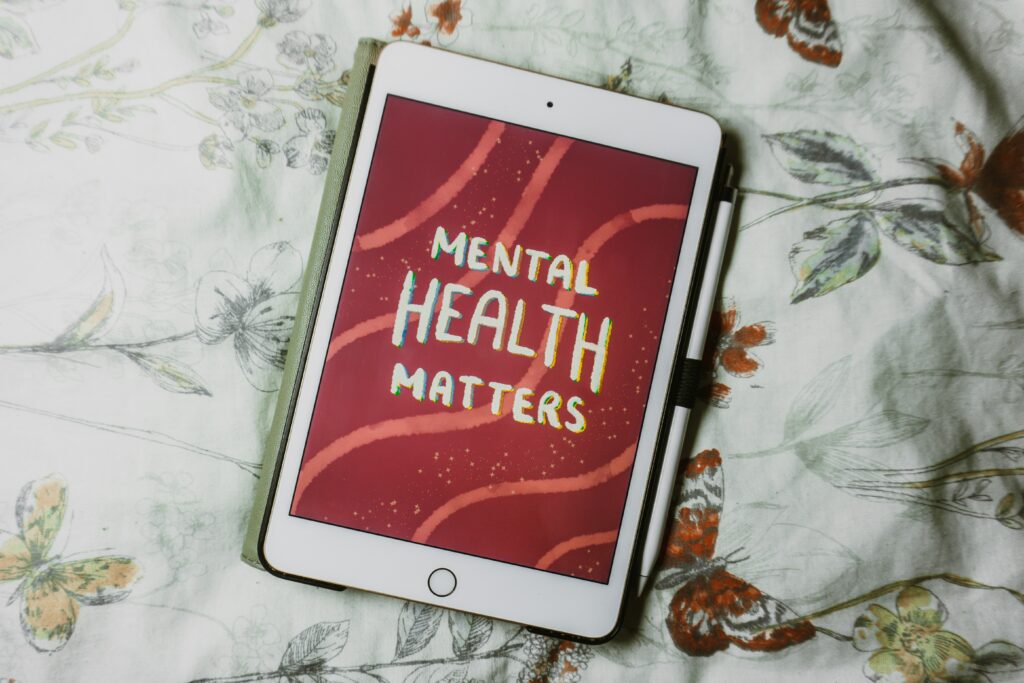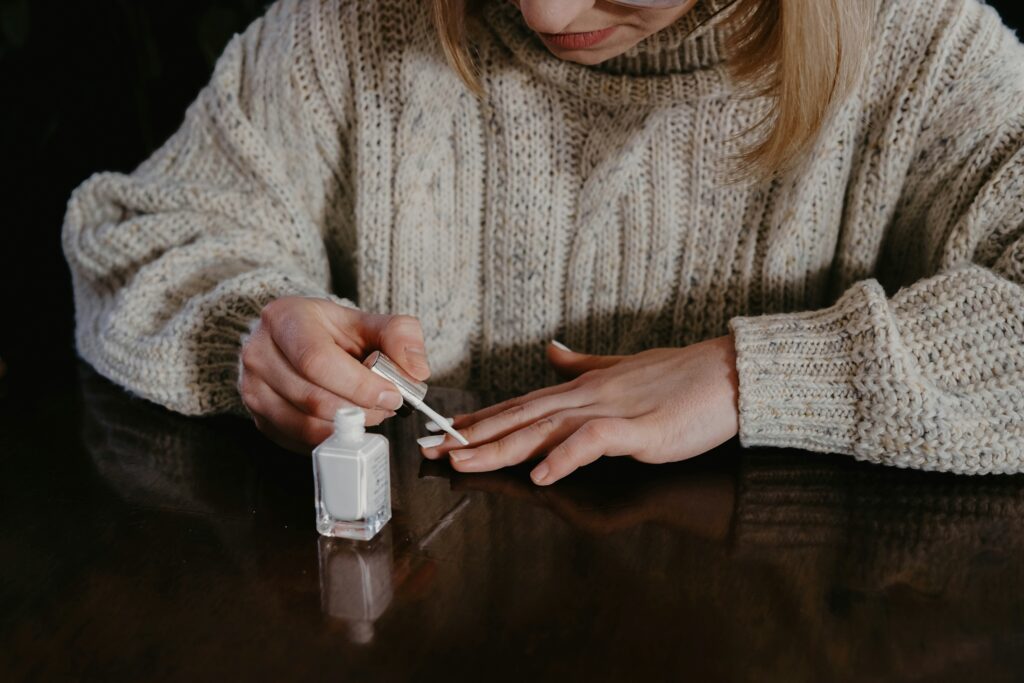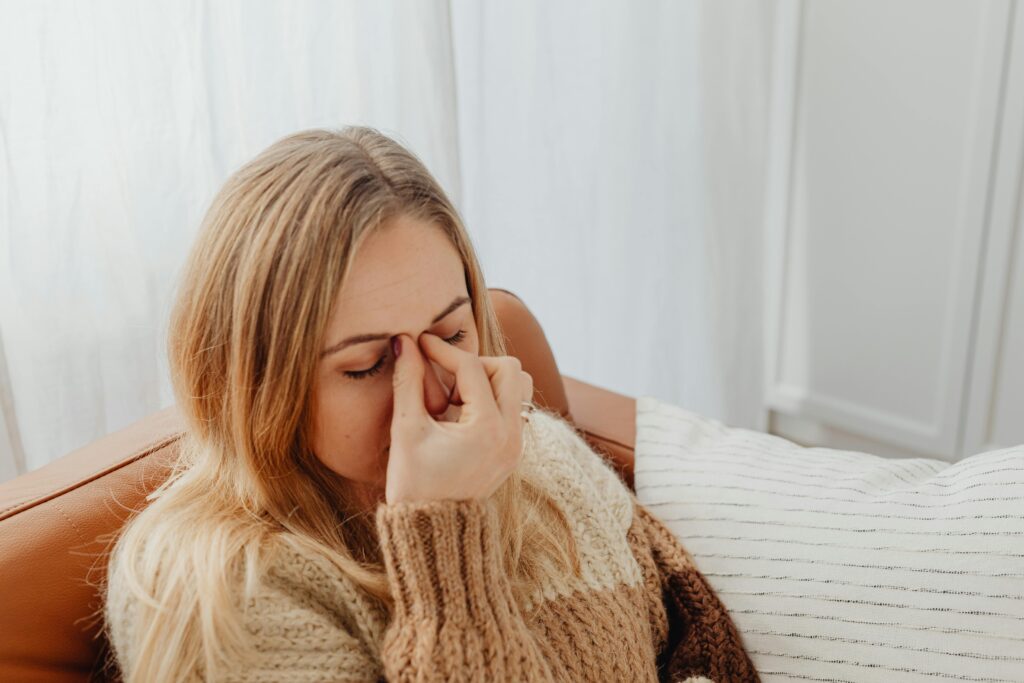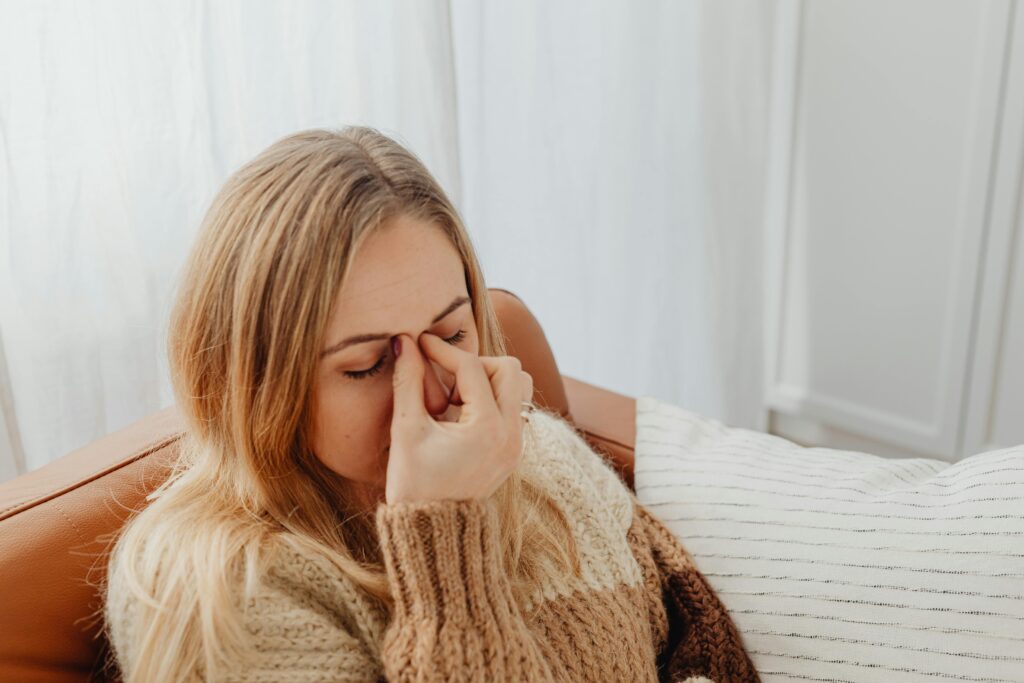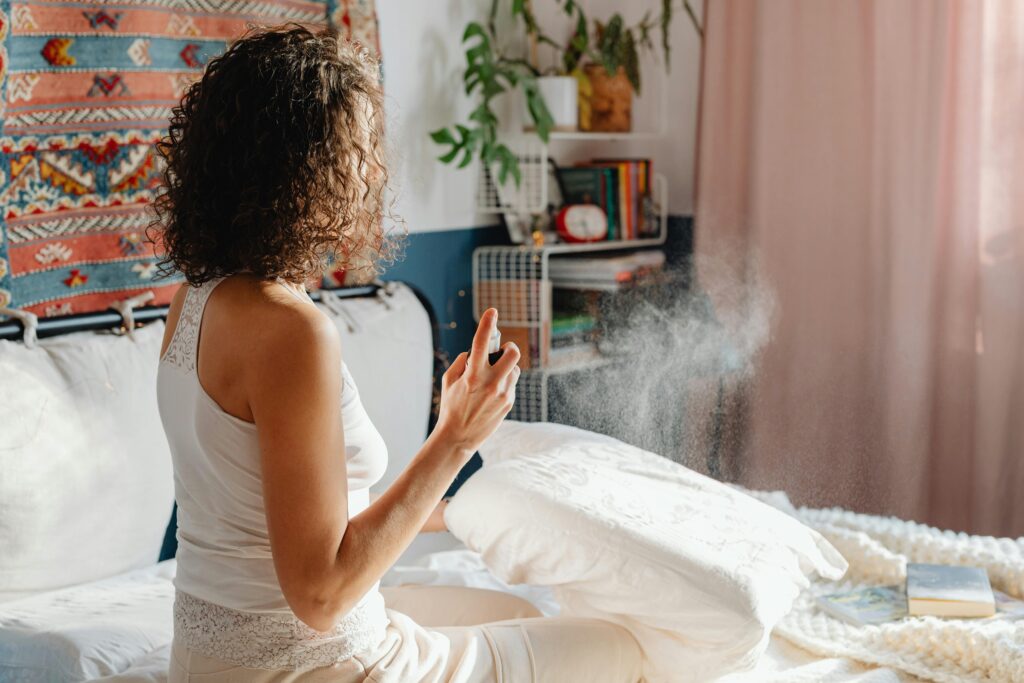Importance of Seeking Professional Help for Mental Health Challenges
Mental health challenges are common and can affect anyone, regardless of age, background, or status. Whether it’s stress, anxiety, depression, or other conditions, it’s important to understand that you don’t have to manage these struggles alone. Seeking professional help is a vital step toward recovery and well-being. This article explores the reasons why professional mental health support is necessary and how it can lead to positive changes in your life. The Role of Professional Mental Health Support Mental health professionals, including therapists, counselors, and psychiatrists, provide expert care that’s tailored to individual needs. They possess the knowledge and skills to help people manage a range of mental health conditions. Seeking help from a trained professional ensures that you’re receiving the most effective treatment for your specific challenges. This guidance allows for healthier coping mechanisms, emotional support, and long-term recovery. Benefits of Seeking Professional Help While many people might attempt to manage mental health challenges on their own, professional support offers several benefits that can’t be easily replicated through self-care or peer advice alone. 1. Access to Expert Guidance Mental health professionals are trained to recognize symptoms, diagnose disorders, and create personalized treatment plans. They understand the complexities of mental health and can guide you toward effective coping strategies and solutions. 2. Safe and Confidential Space A professional therapist provides a safe, confidential environment where you can openly discuss your feelings and challenges. This sense of security can be essential for addressing difficult emotions or personal issues that may be too uncomfortable to share with friends or family. 3. Tailored Treatment Plans Every individual’s experience with mental health is unique. Professionals can tailor their treatment plans to your specific needs, whether it involves cognitive behavioral therapy (CBT), medication, or other approaches. They monitor your progress and adjust the plan as necessary to ensure effective outcomes. 4. Validation and Emotional Support Talking to a mental health professional provides validation for your feelings. They listen without judgment and help you understand that your struggles are real and valid. This emotional support is crucial in overcoming feelings of isolation and self-doubt. 5. Improved Coping Skills Mental health professionals teach practical coping mechanisms that help you manage stress, anxiety, or depression in healthier ways. Learning to handle difficult situations with more resilience improves your ability to navigate life’s challenges. 6. Reduced Risk of Long-Term Issues Untreated mental health challenges can worsen over time and lead to long-term health problems. Seeking professional help early on can prevent conditions from escalating and avoid more severe consequences, such as chronic depression or substance abuse. 7. Objective Perspective A therapist or counselor provides an outside perspective that is objective and unbiased. This can help you see issues from a different viewpoint, which can lead to new insights and solutions that you might not have considered on your own. 8. Better Relationships Mental health issues can strain relationships with family, friends, or colleagues. Professional counseling can help improve communication, conflict resolution, and emotional connection, allowing for healthier and more supportive relationships. When Should You Seek Professional Help? While it’s normal to experience emotional ups and downs, there are times when professional help is necessary. Here are some signs that it may be time to seek professional support: Types of Professionals to Seek Depending on your mental health needs, there are different types of professionals to consider: Conclusion Seeking professional help for mental health challenges is an essential step toward recovery and better well-being. With expert guidance, emotional support, and personalized treatment plans, you can gain the tools and strategies needed to manage and overcome mental health issues. Don’t hesitate to reach out to a mental health professional if you’re struggling—getting help can lead to a healthier, happier life. Frequently Asked Questions (FAQs) 1. Why is seeking professional help important for mental health? Seeking professional help is important because mental health professionals provide expert guidance, personalized treatment, and a safe space for healing. They can help identify and address underlying issues that may not be obvious on your own. 2. How do I know if I need professional help for my mental health? If you experience prolonged sadness, intense anxiety, or difficulty coping with life’s stresses, it may be time to seek professional help. Signs such as thoughts of self-harm or strained relationships can also indicate the need for therapy. 3. What can I expect during a therapy session? During a therapy session, you can expect to discuss your feelings, thoughts, and challenges with a trained professional. They will listen, provide guidance, and help you explore strategies to cope with your mental health issues. 4. How long will I need to see a mental health professional? The duration of therapy varies depending on individual needs. Some people may benefit from a few sessions, while others may require longer-term support. Your therapist will work with you to determine the best plan for your situation. 5. Can therapy help with everyday stress? Yes, therapy can be an effective way to manage everyday stress. A therapist can teach you practical techniques for stress management and help you develop healthier coping mechanisms. 6. Is medication necessary for mental health treatment? Not all mental health challenges require medication. Treatment may involve therapy alone, or medication may be prescribed in combination with therapy for conditions like anxiety, depression, or bipolar disorder. Your mental health professional will guide you through the best treatment plan.
Importance of Seeking Professional Help for Mental Health Challenges Read More »
